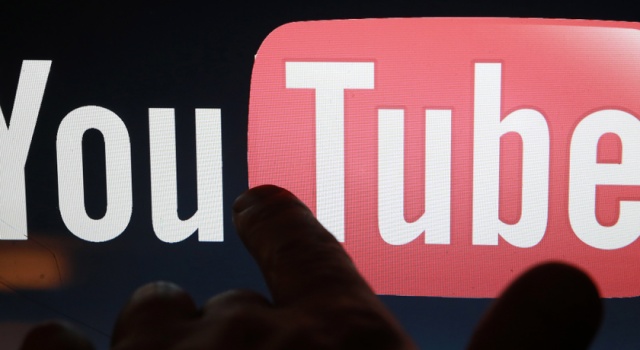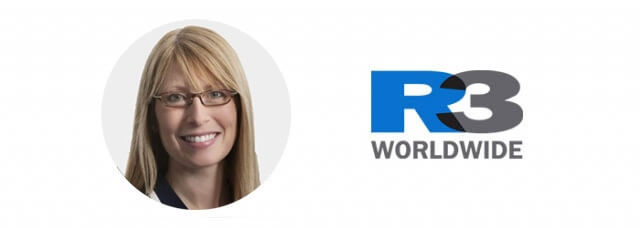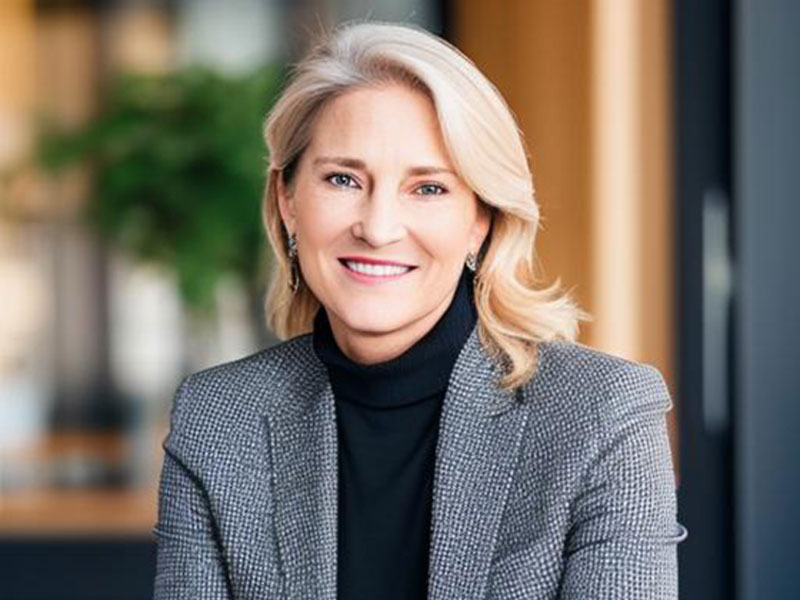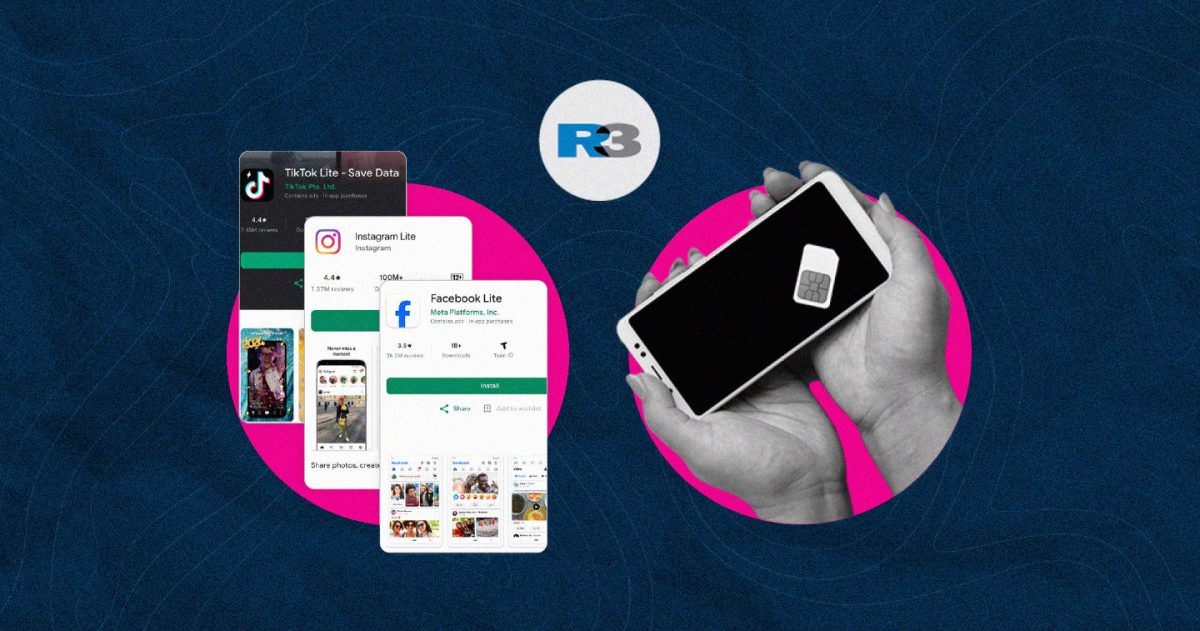
AT&T, Verizon, J&J, GSK and others have halted all YouTube ad buys
“Google’s next step is simple: they must acknowledge that they cannot grade their own homework.”
That’s one top media agency executive’s take on the scandal that has threatened to engulf the search and video giant over the past few days after AT&T, Verizon, J&J and pharma giant GSK became the latest big brands to pull all advertising from YouTube over disagreements on controversial content—including videos supporting terrorist groups like ISIS.
A fight years in the making
“This is not a new topic,” said David Cohen, North American president of IPG’s strategic global media unit Magna. “I’ve been talking about brand safety in the digital space for 20 years.”
In other words, YouTube and other user-driven platforms have always hosted offensive content. So why did the problem come to a head now?
According to a media executive, who spoke to Adweek on condition of anonymity due to client sensitivities, “We’d just hit the tipping point where most advertisers believed” that YouTube had become as essential as broadcast television when the latest screenshots of ads running over extremist videos brought the house of cards tumbling down.

Melissa Lea, Managing Director, US
Developments in advertising technology also played a key role. “The programmatic world is evolving so quickly that tech is moving faster than humans can manage it,” said Melissa Lea, U.S. managing director at global consultancy R3.
When asked about YouTube’s crisis on the final day of the Adobe Summit in Las Vegas, Denise Colella, svp of ads at NBC Universal, called programmatic “a double-edged sword,” adding, “There is a lot of efficiency and automation to be had, but then there’s also the danger of open market places.”
NBCU only uses private marketplaces, which are seen as less risky.
“This was the ‘jump the shark’ moment for Google in terms of going from tech to media.”
-Landor chief strategy officer Thomas Ordahl
Backed into a corner
Google has adopted a defensive posture while other platforms address the problem in their own ways. Instagram, for example, just announced a two-factor authentication process that covers suspect photos or videos with a screen after the company’s review team has “confirmed they are sensitive.”
To date, Google has issued non-specific statements to media outlets, a pair of blog posts meant to reassure advertisers and an email sent to key industry players like IPG that elaborated on planned policy changes.
“Their post was pretty light in terms of details,” said Cohen, who expects the “Don’t Be Evil” company to announce a comprehensive round of updates focused on increasing its algorithms’ sensitivities to offensive content as early as next week. Regarding the aforementioned email, he added, “I think, had they implemented these changes, that 90 percent of the placement of ads in non-safe environments over the past month could have been prevented.”
One longstanding issue, however, has yet to be resolved. “We are pushing them hard to allow third party companies into the Google ecosystem—not to report after the fact, but as a preventative measure,” Cohen told Adweek, referencing providers like DoubleVerify. “That is not available today.”
“They’re holding Google accountable and calling their bluff. Why would they do it any other way?”
-Thomas Ordahl
And end to the ‘tech or media’ debate
“This was the ‘jump the shark’ moment for Google in terms of going from tech to media,” said Thomas Ordahl, chief strategy officer at brand consulting firm Landor. Arguing that Facebook and Google, which are now two of the world’s largest content publishers, can no longer claim to be neutral platforms, he said, “The whole fiction that they are just tech companies is gone. That’s what the market is saying.”
“Each publisher must provide transparency about what content the ads will be shown against and take responsibility for ensuring the quality of these placements, at the price level they demand from the advertisers,” added Carl Erik Kjærsgaard, CEO of marketing technology firm Blackwood Seven. (Google does not currently reveal specifics regarding the ultimate placement of ad buys.)
Robert Lang, CEO of marketing analytics company Socialbakers, essentially agreed. “Just think of the regulation that media has to follow in a certain country—what you can and cannot do,” he said. “Facebook is largely free from that and so is Google … at some point, they’ll get so large that they just can’t get out by saying, ‘It was just the algorithms.”
He predicts more regulations to come if authorities agree to treat Facebook and Google like more “traditional” media companies.
No downside for brands
Most parties who spoke to Adweek agreed that, by going public with their concerns, the brands in question have effectively turned the spotlight on Google where it belongs.
“They’re holding Google accountable and calling their bluff,” said Ordahl, who sees no downside for the companies that pulled their ads. “Why would they do it any other way?”
Lea said, “It will be interesting to see if campaign performance is negatively impacted by not having that presence [on YouTube].” Yet YouTube may not be quite as essential as advertisers have been led to believe. Richard Raddon, co-CEO of video-based advertising company Zefr, says that approximately 250,000 of the 8 million clips his company analyzes every day meet its own “contextual criteria” for a given buyer.
“We love Google, we love YouTube and we believe they’ll fix this problem,” said Raddon, who thinks the controversy should, at the very least, make advertisers more aware of how important context can be.
Cohen argued that Google will never be able to completely eliminate related risks, no matter how many updates it makes. “With 400 hours of content uploaded every minute, there’s invariably a chance this might happen,” he said. For that reason, all sources agreed that the company must go further in granting access to its internal processes.
“With advertiser input, they must engage an independent, third-party brand-safety company and share every last bit of data with them. And Google should pay for it,” said one media executive. “Advertisers can no longer turn a blind eye to blind advertising.”
Source: AdWeek





